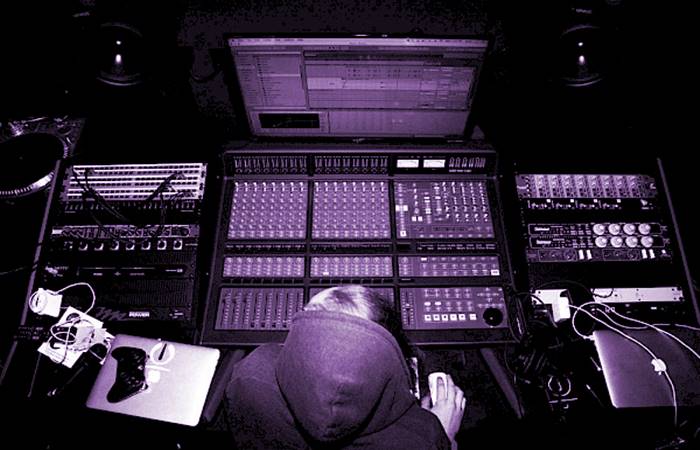
In the vibrant world of music, hip hop stands as a monumental force, influencing not just the music industry but also culture at large. Central to this phenomenon is hip hop production—a dynamic and innovative process that fuses beats, rhymes, and technology to create a unique soundscape. This editorial explores how hip hop production shapes culture, impacting everything from fashion to social movements.
The Evolution of Hip Hop Production
Hip hop production has come a long way since its inception in the late 1970s. Early pioneers like DJ Kool Herc used turntables and mixers to create breakbeats, laying the groundwork for what would become a global cultural movement. The 1980s and 1990s saw the rise of iconic producers like Dr. Dre and DJ Premier, who introduced new techniques and sounds, solidifying hip hop’s place in mainstream music.
Today, hip hop production is more sophisticated and accessible than ever. With advancements in digital audio workstations (DAWs) and beat-making software, aspiring producers can create professional-quality tracks from their bedrooms. This democratization of music production has led to an explosion of talent and creativity, further expanding hip hop’s cultural footprint.
The Cultural Impact of Hip Hop Production
1. Fashion and Lifestyle
Hip hop production has played a significant role in shaping fashion trends. The genre’s emphasis on individuality and self-expression is mirrored in the bold styles associated with hip hop culture. From oversized clothing and bling in the 90s to today’s athleisure and streetwear, the evolution of hip hop fashion is deeply intertwined with its music production.
ALSO SEE: The Global Rise of Afrobeats: How African Rhythms are Taking Over the World
Producers and artists often set trends that resonate with fans worldwide. For instance, Kanye West’s influence extends beyond his beats and rhymes to his Yeezy fashion line, which has become a cultural phenomenon in its own right.
2. Language and Slang
Hip hop production also shapes the way we speak. The genre’s lyrics introduce new slang and phrases that quickly become part of everyday language. Terms like “bling,” “swag,” and “lit” have their roots in hip hop, demonstrating the genre’s ability to influence colloquial speech.
3. Social and Political Movements
Hip hop has always been a voice for the marginalized, using beats and rhymes to address social and political issues. Hip hop production creates a platform for these messages, amplifying the voices of artists who speak out against injustice. Tracks like Public Enemy’s “Fight the Power” and Kendrick Lamar’s “Alright” serve as anthems for social movements, inspiring activism and awareness.
4. Global Influence
The reach of hip hop production extends far beyond the United States. The genre has inspired artists worldwide, leading to the emergence of local hip hop scenes in countries like France, Japan, and South Africa. These global adaptations of hip hop blend traditional sounds with modern production techniques, creating unique hybrids that reflect local cultures while staying true to the genre’s roots.
The Future of Hip Hop Production
As technology continues to evolve, so will hip hop production. Innovations like artificial intelligence and virtual reality are already beginning to make their mark on the music industry, promising new ways to create and experience hip hop. The future of hip hop production will likely see even more boundary-pushing creativity, ensuring that the genre remains at the forefront of cultural influence.
Conclusion
Hip hop production is more than just making beats and rhymes; it’s a cultural powerhouse that shapes fashion, language, social movements, and global trends. As we look to the future, it’s clear that hip hop will continue to evolve, driven by innovative producers who push the limits of what is possible. Whether you’re a longtime fan or a newcomer, there’s no denying the profound impact of hip hop production on our world.
















